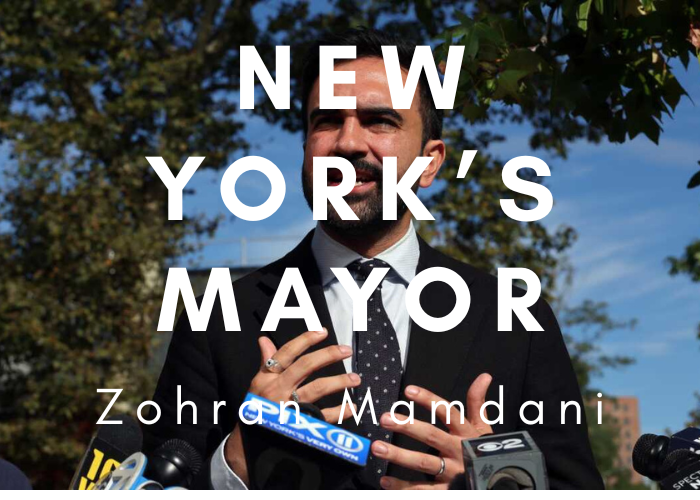There are approximately 7,164 different languages world-wide, but most have difficult pronunciations, grammar and writing styles. This makes individuals with an ambition to learn languages step back a bit due to a challenge. Here are some great pointers to remember a language, so you can speak it fluently.
First, you could immerse yourself into chatting with professional speakers or natives of that language that can also speak English. This way, if you mess up a pronunciation or are grammatically incorrect, they can easily fix it and help guide you to better learn that language.
Sophomore Maryam Gauhar explains, “Learning languages can be difficult but to overcome your challenge of language learning, it can be easier when you have a tutor to help because a person who can speak the language can better help you understand as well.”
Note taking is another fantastic way to help remember vocabulary, the basics and simple sentences. It can help you study and potentially could even motivate you to continue to pursue that language.
“It takes time to understand,” junior Basent Louka states, “Practice every day, even a little, and don’t be afraid of mistakes; they help you learn.” It also can show where you are at and set realistic goals to further enhance your abilities while not overworking yourself.
Using apps could be another efficient way to quickly learn from the basics to complex writings and sentences. Some popular sites include Babbel, Duolingo and Rosetta Stone, all offering different and unique deals. A lot of schools use language learning sites so in your free time if you need to study or are confused on a topic, these sites can be lifesavers.
These hacks can offer you exceptional advice and a serious learning path. This is both quick and efficient, as well as easy to follow. Since most languages are confusing pieces of advice, especially from bilingual students, they can really help meet your needs.
















